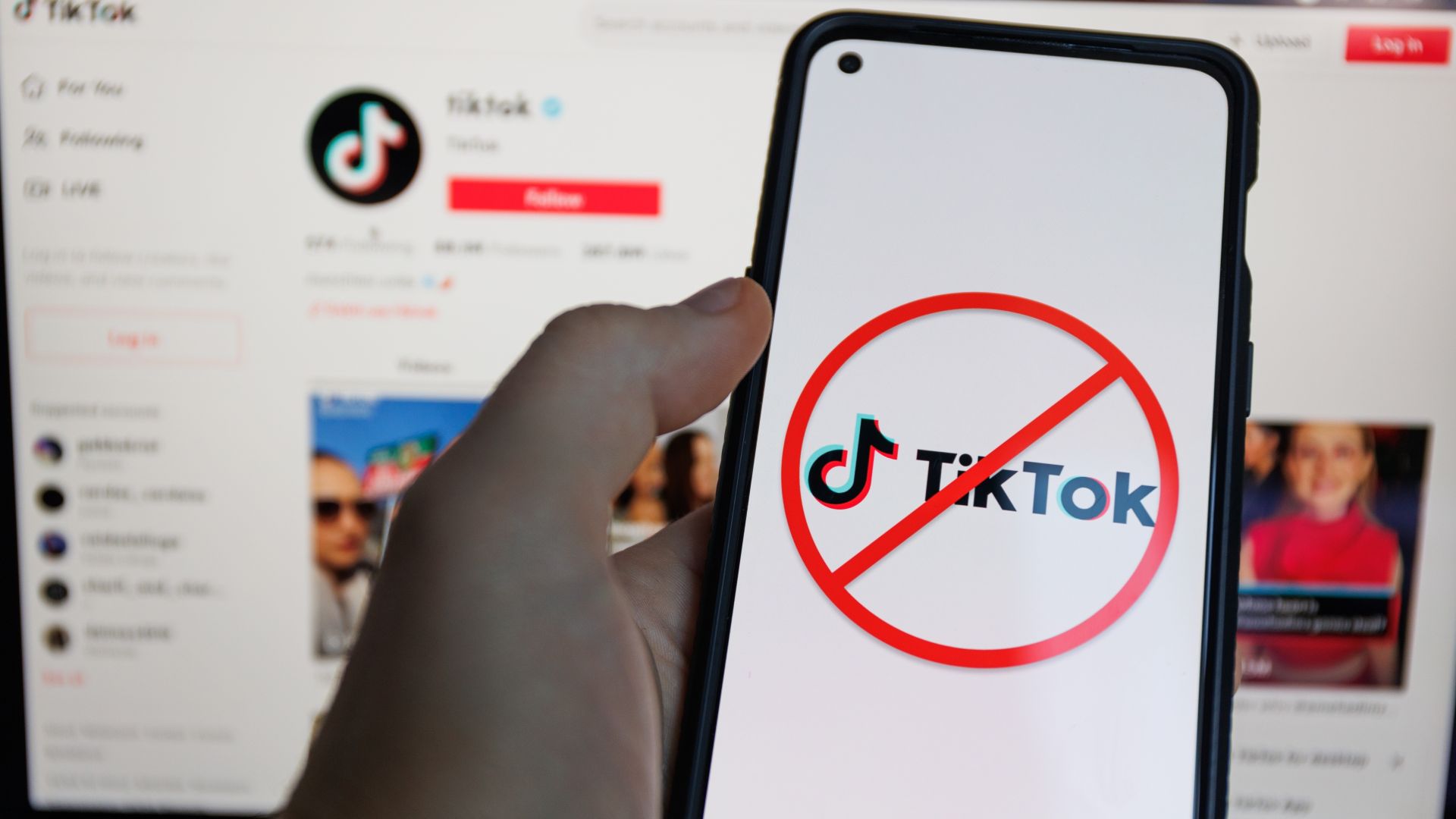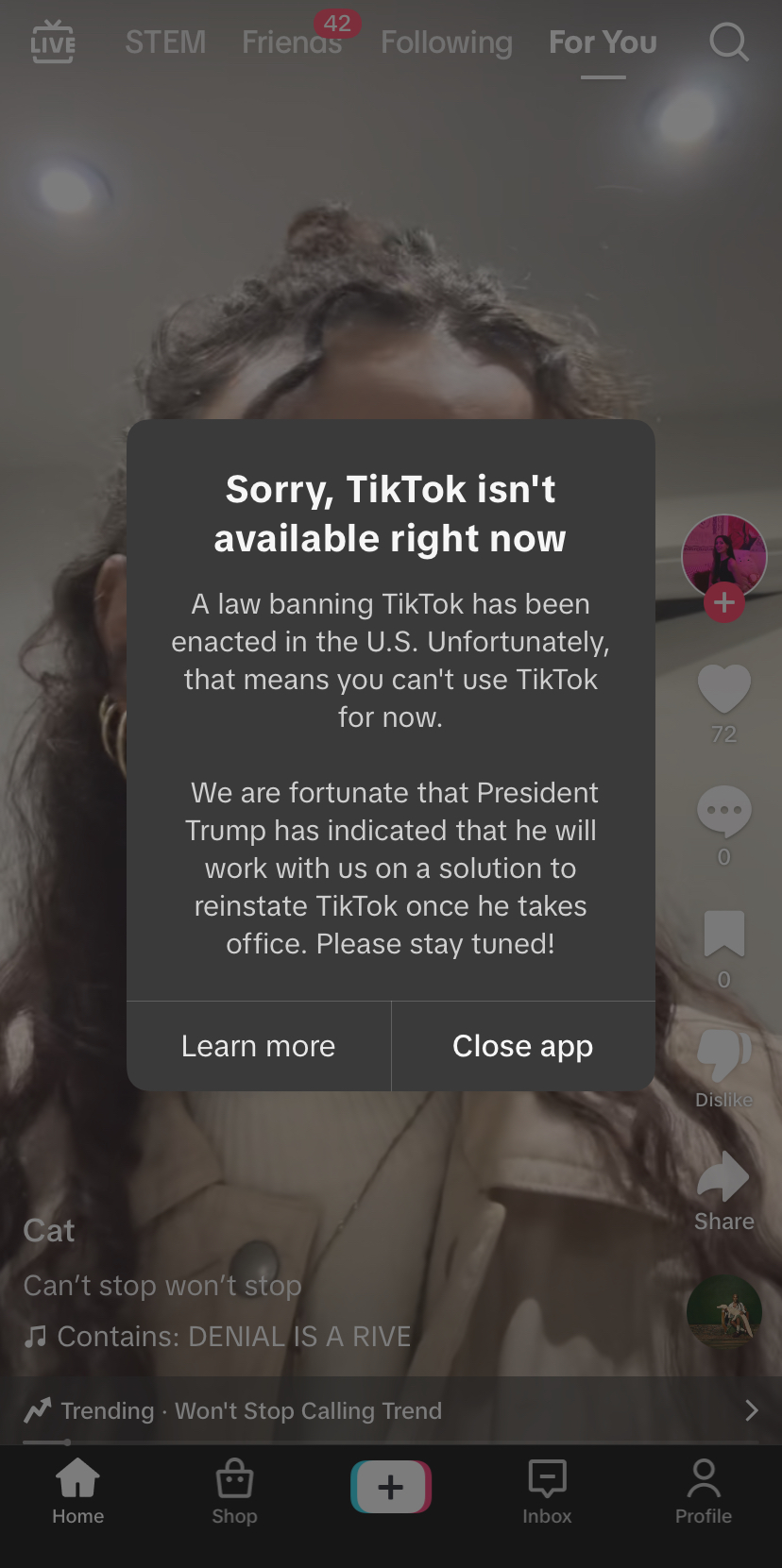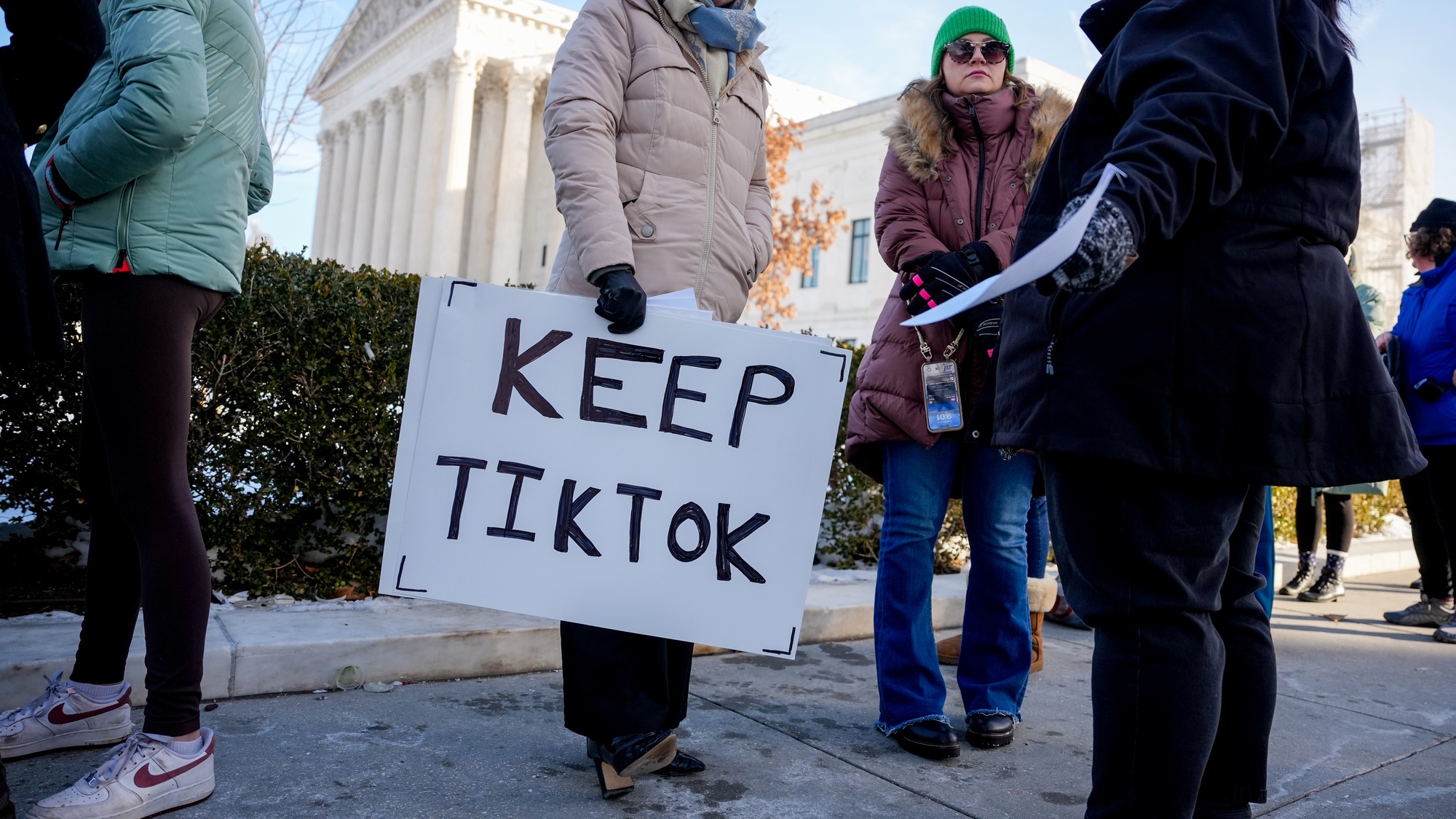
TikTok has been banned on US following the Supreme Court's ruling last week. However, if you really can't live without it, our testing shows that there's an quick an easy way of getting around the TikTok ban – by using one of the best VPNs.
The popular short-form video-sharing app, owned by Chinese technology company ByteDance, has been continuously scrutinized by US lawmakers who allege that the company could pass user data on to the Chinese Communist Party. ByteDance has denied these allegations, explaining that its US user data is stored in the US, with backups in Singapore. The main driving force behind this is national security concerns, as TikTok, and by extension, ByteDance has access to the data of 170 million American users.
We've done the testing, and by using the best TikTok VPNs, it's quite simple to get access to TikTok no matter where you are. Below, I've run down a quick step-by-step guide on how to get around the TikTok ban, along with some more info on why this works, and details on the ban itself.
How to unblock TikTok
I'll go into more detail about how this works in a second, but here's a quick step-by-step guide on how to unblock TikTok with a VPN:
- Download a VPN. We recommend NordVPN, but other services may also work.
- Install it on your device – the process is self-explanatory and you'll be guided through the setup.
- Make sure TikTok is closed on your device.
- Connect to a non-US server. A server in Canada is probably your best bet.
- Some reports have said that the app uses more than your IP address to locate you, so if you have issues, use the web-based version.
- Scroll!
How will TikTok be banned?
TikTok has officially been banned in the US, and ByteDance has shut down TikTok's operations in the US. All users that try to access the app within the US are met with a pop-up that displays the following text: "Sorry, TikTok isn't available right now. A law banning TikTok has been enacted in the US. Unfortunately, that means you can't use TikTok for now. We are fortunate that President Trump has indicated he will work with us on a solution to reinstate TikTok once he takes office. Please stay tuned!"
It's important to note that, despite TikTok taking the initiative and blocking user access at the app level, no one really knows what the ban's will actually look like at a government level. Most likely, the app will be removed from the Apple App Store and Google Play Store, meaning people will no longer be able to download the app or any updates for it. This will mean that while users will still be able to access the app for a while, this lack of updates will eventually render it inoperable.
Additionally, if the app is banned at an internet service provider (ISP) level – similar to India's 2020 ban of TikTok – users will need a VPN to spoof their location to a country where TikTok isn't banned to access the app.

You can check out our list of TikTok VPNs for our recommendations for the best VPNs to access it with, and below you can find out how to spoof your location using one.
"Geo-spoofing" means changing your virtual location, which is typically achieved by changing your IP address. One of the perks of using a VPN is that it allows you to appear to be located somewhere else online, instead of your actual physical location.
For instance, if you connect to a VPN server in the US, you look as if you're connecting from the US, regardless of your physical location. Similarly, if you connect to a VPN server from another country in the world, it'll look as if your physical location (IP address) is in that country. As a bonus, a VPN will also encrypt your internet traffic, making it impossible for third parties like the government or your ISP to monitor your online activities.
While typically used for accessing geo-blocked content from the likes of Netflix, Disney Plus, Amazon, and other sites, this feature may also help you access TikTok by making it seem like you're accessing the app from a country/part of the world where it isn't banned.
Why is TikTok being banned?
The main reason for TikTok's impending ban in the US relates to rising geopolitical tensions between America and China. The fractured relationship between TikTok and the US government goes back years.
President Biden signed a bill into law in April 2024 that gave ByteDance nine months to find a US-approved buyer or face a ban in the country. On December 6, 2024, the US Justice Department's Attorney General Merrick B. Garland said this law was "an important step in blocking the Chinese government from weaponizing TikTok to collect sensitive information about millions of Americans, to covertly manipulate the content delivered to American audiences, and to undermine our national security."
In turn, ByteDance initially refused a sale, said no data would be handed over, and denied allegations of being linked to the Chinese government. Additionally, the company filed numerous legal challenges against the proposals and argued a TikTok ban would be unconstitutional.
In a hearing on January 10, 2025, the Supreme Court heard arguments from the US government and TikTok. TikTok argued the ban was a violation of free speech rights, while the Supreme Court Justices argued the amount of data TikTok collects makes it a threat to national security, as it is owned by a foreign adversary. On January 17, the Supreme Court announced its ruling to uphold the ban.

With the ban now in place, it is not clear how long TikTok will be banned for, especially as the app itself has said it is "fortunate that President Trump has indicated he will work with [them] on a solution to reinstate TikTok once he takes office".
Additionally, President-Elect Donald Trump's national security advisor to-be, Mike Waltz, told Fox News before the ban took effect that the Trump administration is "going to find a way to preserve [TikTok] but protect people's data". Donald Trump will be sworn in as President of the United States on January 20.
Whatever the case may be, at Tom's Guide, we believe in being prepared at all times. Check out our guides to the best iPhone VPNs and best Android VPNs to make sure you're prepared to stay on TikTok in the US after January 19, 2025 now the ban has taken place.







